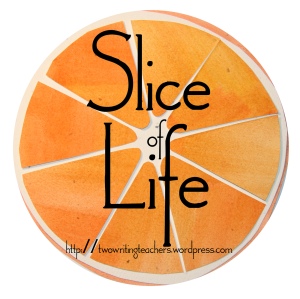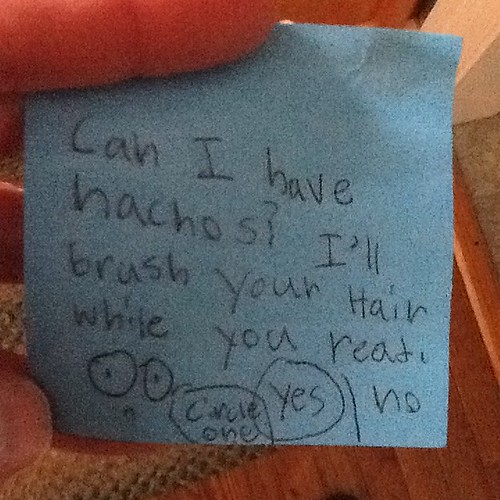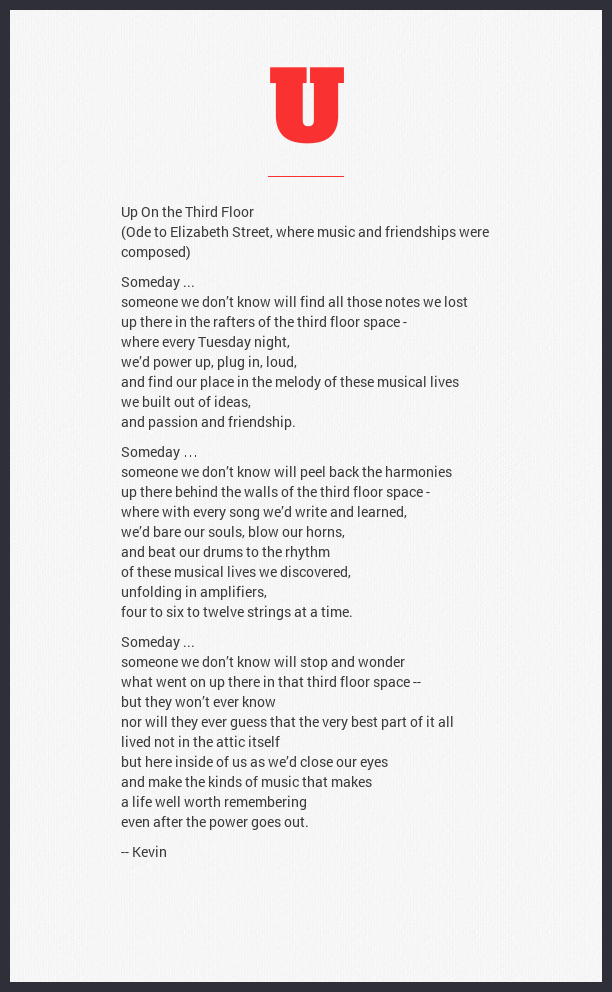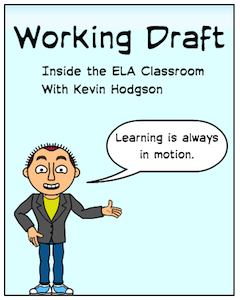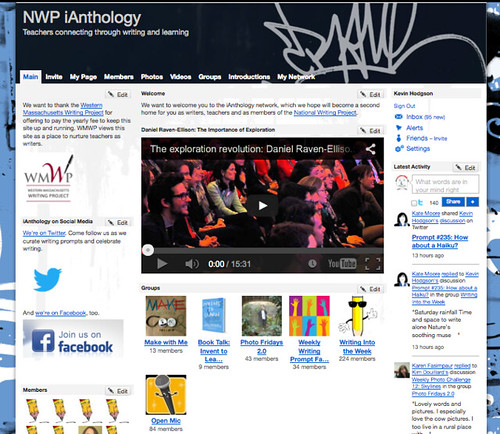
I’ve been having an interesting conversation among some friends about a networking space for National Writing Project teachers that has been active and nurtured for, gosh, at least five or six years now. My friend, Bonnie Kaplan, and I conceived and launched the iAnthology (with initial grant funding and support from NWP) during a time when there was palpable anxiety about writing and sharing online, and so, we built it as a closed community, of sorts. (It was designed to emulate a summer networking site for NWP called the eAnthology, which some of you NWP folks might remember.)
The iAnthology is a Ning site for NWP-affiliated teachers, so we have opened up the homepage but everything else under the hood — all of the participants’ writing and commenting and sharing — is not viewable by the general public. We even made a promise to our participants at the start — this space would be a closed community. Many early participants expressed gratitude that this would be the case, and some noted that they would not have joined otherwise. It was a sign of the times.
In fact, I remember setting up a blog for our Western Massachusetts Writing Project Summer Institute one summer, and somehow, a few of the photos from the private site got archived by Google search (some tech glitch that I never quite figured out), and a teacher whose headshot could now be found on Google was irate and angry, demanding that we call Google and demand that her headshot get removed from any search queries. I was patient with her, and did some research and filed a request, but even then, I knew she was in a hopeless battle against the flow of information. I did feel guilty as the tech person who set up a site that allowed this to happen, though. We had promised privacy and the public had creeped in. It felt like a betrayal of sorts, even though I thought the reaction did not quite merit the offense, but there could have been some underlying story about protecting her identity that I did not know about.
But times have changed, haven’t they? The anxiety among us is not what it used to be. People share everywhere now — on Facebook, on Twitter, with Instagram and Flickr, with YouTube. We’ve since added a Twitter connection to our iAnthology site, and there is a companion Facebook page. We’ve had a group on Flickr, etc. The flow of connections continues to extend outward.
Check out this chart I made about Open Learning a few weeks ago:

Or take part in the Online Learning site, which fosters the idea of wide open spaces for self-directed inquiry. Open learning is everywhere, and changing the face of how we write, connect, share and construct networked communities. It’s become a fabric of our times.
So, our conversations this past week among a few site leaders have revolved around the prospect of opening up more of the iAnthology to public viewing, perhaps, in hopes that we might get more participation. We are also noticing how the seamless connection between platforms (ie, I write here, and share there and there, so that invisible threads connect what I am doing in one space to another space, and you connect with me).
One one hand, I agree with a shift towards “open” and in my heart, I see the merits on many levels. On the other hand, I remember the promise that we built the site upon — the prospect of closed walls — and I think about the stories and writing and images that hundreds of people have shared over the years in a space they assumed was and would be closed, and what it would mean to change the “terms of agreement.”
It feels like Facebook’s dance with privacy, and its claim that open is always better, and that unsettles me. Of course, with Facebook, the “open is better” means “more inroads for advertisements and profits.” We make no money off our writing community, and in fact, the Western Massachusetts Writing Project has funded the Ning for the past few years as a way to support and nurture teachers-as-writers.
And so, my impulse is to keep the site closed and private, although I suspect that if Bonnie and I were to build a writing community today, I would advocate for an open space with many nodes of entry and sharing in a heartbeat. Times have changed. Yet promises are important and trust in one’s word is one of the anchors of any writing community. So I think we will probably remain closed in the age of open.
Peace (in reflection),
Kevin
PS — Are you a NWP teacher or a teacher who has some connection to NWP? Come join us at the iAnthology. We have weekly writing prompts, a Photo Fridays feature, and a shifting variety of activities.

